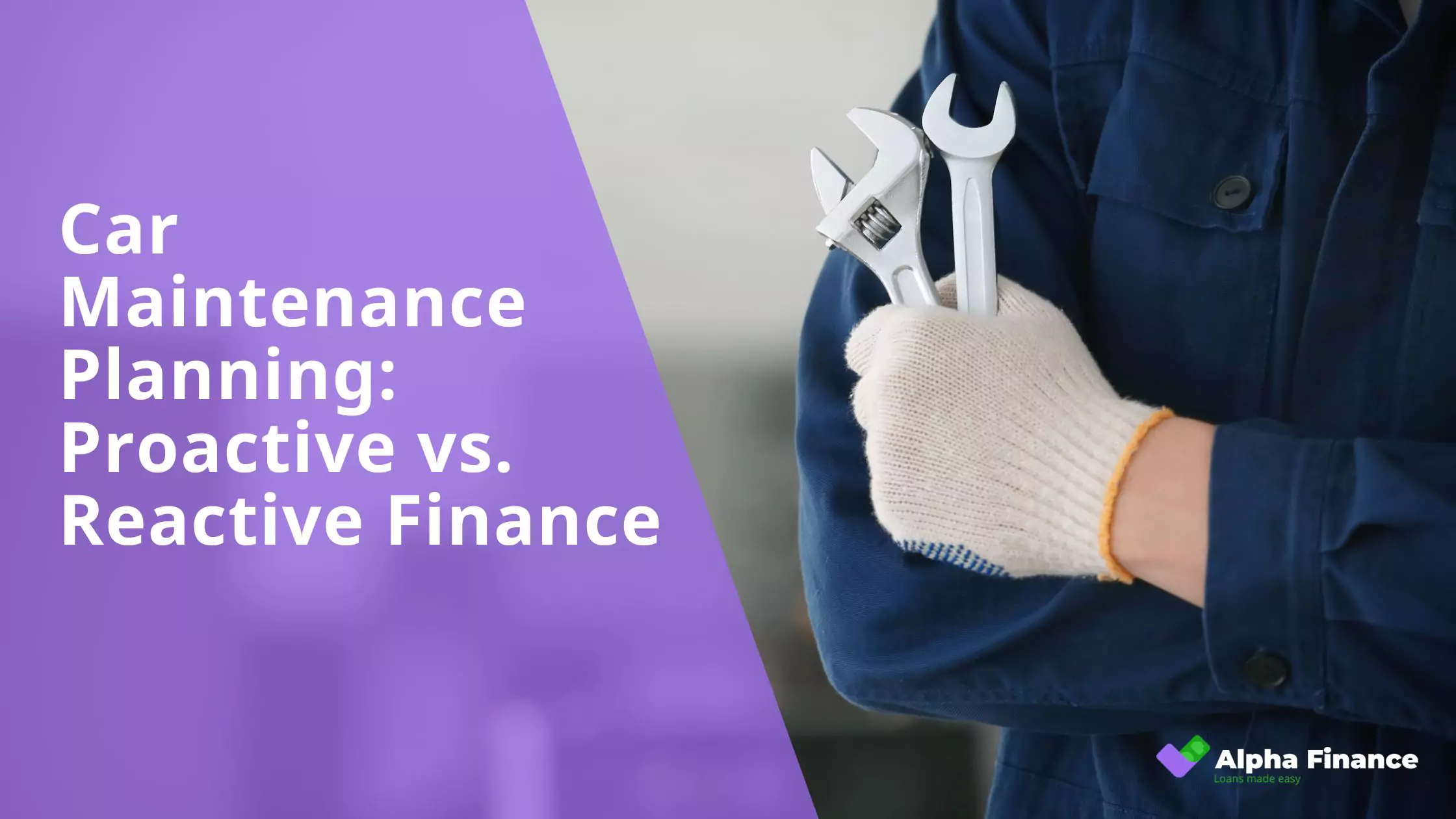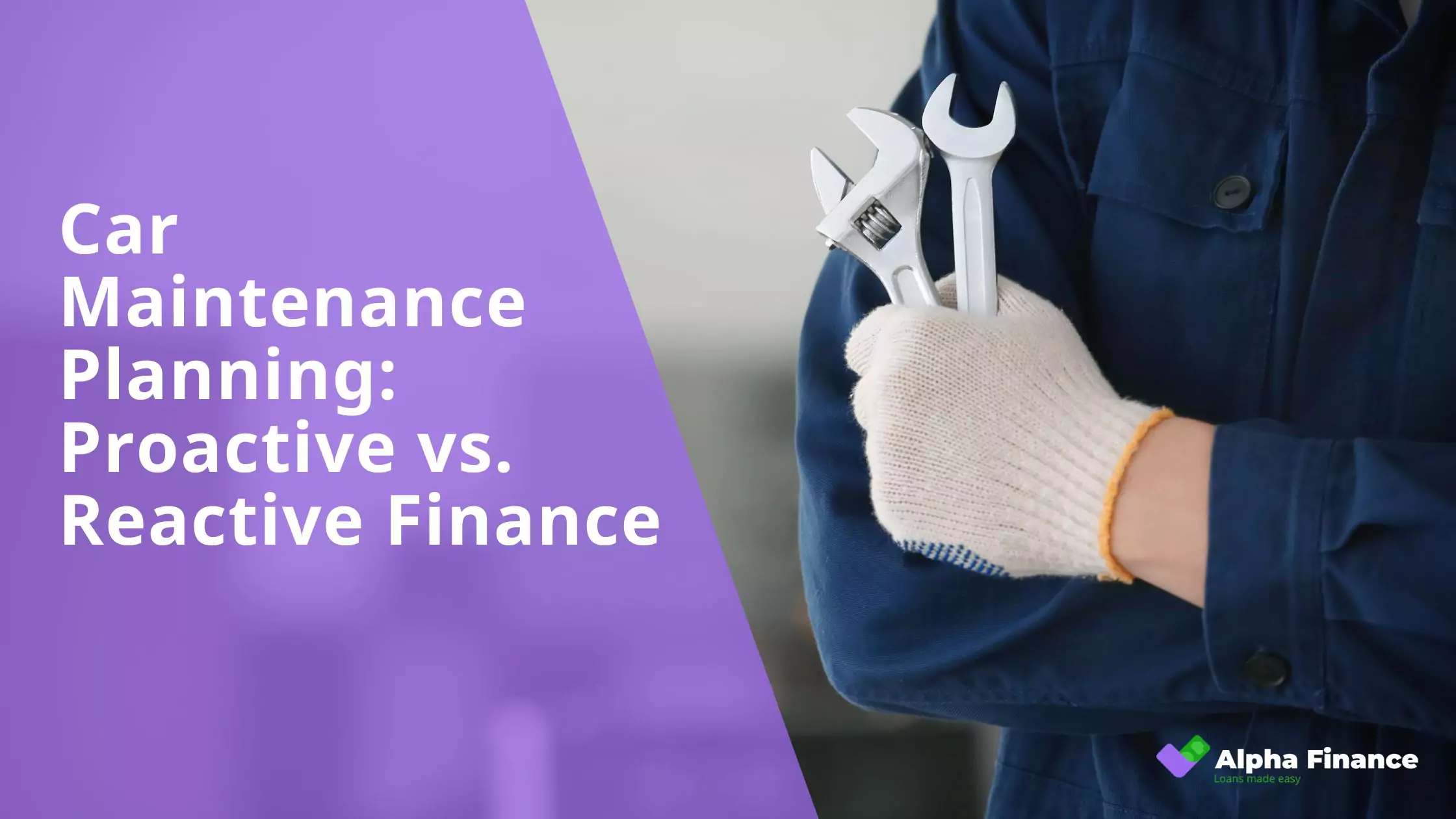The decision of how to finance a car – whether through savings, a loan, or a combination – is a pivotal chapter in your personal finance story. It’s not just about getting from point A to point B; it’s about understanding how this significant expense intertwines with your income, debts, savings, and long-term financial aspirations. Ignoring this connection can lead to unnecessary financial strain, while thoughtfully integrating car-related finances can pave the way for greater financial stability and peace of mind.
This comprehensive guide aims to equip you with the knowledge and tools to thoughtfully integrate car finance into your broader financial plan. We’ll explore everything from assessing your needs versus wants, evaluating your financial readiness, understanding car loan options, managing ongoing car expenses, and making informed decisions that support your long-term financial well-being.
Laying the Foundation: Budgeting for Your Car
How to Budget for a Car Payment: A Step-by-Step Guide
Creating a sound budget for your car payment is the crucial first step in integrating car costs into your overall financial plan. This involves:
- Assess Your Income and Expenses: Carefully track your monthly income from all sources and list all your regular expenses (housing, utilities, food, existing debt payments, etc.).
- Determine Affordability: Analyse the difference between your income and expenses to see how much room you have for a car payment without sacrificing essential spending or your ability to save for other goals.
- Set Realistic Limits: Based on your affordability assessment, establish a realistic upper limit for your potential monthly car payment. Consider both the principal and interest.
- Factor in Other Car Costs (Initial Estimate): While this section focuses on the payment, make an initial rough estimate of insurance and fuel costs to ensure the total picture seems manageable.
- Review and Adjust: Once you have a potential car payment in mind, revisit your overall budget to see how it fits and make any necessary adjustments to other spending categories.
Highlighting the importance of this initial step: A well-defined car payment budget ensures that this significant expense is accounted for from the outset, preventing financial strain and setting the stage for responsible car ownership within your broader financial framework.
Understanding the Bigger Picture: Car Loans and Debt Management
The Impact of Car Loans on Your Overall Debt Management
A car loan becomes a significant component of your total debt portfolio. It adds to your existing liabilities and increases your monthly debt obligations. Understanding how it fits within this larger picture is crucial for effective financial management. A car loan can impact your credit score, particularly if payments are missed. It also influences your overall financial flexibility and your ability to take on other forms of debt in the future, such as a mortgage or further personal loans.
Discussing the implications of a car loan on your debt-to-income ratio and your ability to pursue other financial goals: Your debt-to-income (DTI) ratio, which compares your total monthly debt payments to your gross monthly income, is a key metric lenders use to assess your creditworthiness. A car loan increases your DTI, potentially making it harder to qualify for other loans or impacting the terms you receive. Furthermore, the funds allocated to car loan repayments could otherwise be directed towards achieving other financial goals, such as saving for retirement, a down payment on a house, or investing.
Emphasising strategies for managing car loan debt effectively within your overall debt management plan:
- Prioritise Repayments: Ensure car loan payments are made on time to avoid penalties and negative impacts on your credit score.
- Consider Extra Payments: If your budget allows, making extra principal payments can shorten the loan term and reduce the total interest paid.
- Avoid Unnecessary Debt: Be mindful of taking on other new debts while managing a car loan, as this can further strain your finances.
- Regularly Review Your Budget: Periodically reassess your budget to ensure your car loan remains affordable and doesn’t hinder progress towards your other financial objectives.
- Explore Refinancing (If Applicable): If interest rates have dropped or your financial situation has improved, consider refinancing your car loan to potentially secure a lower interest rate or more favourable terms.
Beyond the Monthly Payment: The True Cost of Car Ownership
Creating a Realistic Car Ownership Budget: Beyond Monthly Payments
While the monthly loan payment is a significant cost, it represents only a portion of the total expense of owning a car. For accurate financial planning, it’s essential to factor in all associated costs:
- Insurance Premiums: Car insurance is a recurring expense, and premiums can vary significantly based on your driving history, the type of car, and your coverage level. Obtain accurate quotes and factor the monthly or annual cost into your budget.
- Fuel Costs: Fuel is an ongoing and often fluctuating expense. Estimate your average monthly fuel consumption based on your driving habits and current fuel prices.
- Regular Maintenance: Budget for routine maintenance such as oil changes, tyre rotations, and other scheduled services to keep your car running smoothly and prevent more costly repairs down the line.
- Unexpected Repairs: Even with regular maintenance, unexpected repairs can occur. It’s wise to set aside a contingency fund within your budget for these unforeseen expenses.
- Registration Fees: Vehicle registration is an annual (or sometimes longer) cost that needs to be factored into your yearly budget.
- Tolls: If you regularly use toll roads, include these costs in your monthly transportation budget.
- Parking Fees: If you frequently park in paid parking areas, factor these expenses into your budget, especially if you commute to a city centre.
- Depreciation: While not a direct out-of-pocket expense, the depreciation of your car’s value over time is a real financial cost of ownership. Being aware of this can influence your decisions about how long to keep a vehicle.
Staying on Track: Monitoring and Managing Car Expenses
How to track your car expenses, for better financial management:
Implementing a system for tracking all your car-related expenses is crucial for maintaining control over your finances and ensuring your vehicle ownership remains sustainable within your overall financial plan. Practical methods include:
- Mobile Apps: Numerous budgeting and expense-tracking apps (e.g., Mint, PocketGuard, YNAB) allow you to categorise and monitor your spending, including specific categories for fuel, insurance, maintenance, and loan payments. Many can automatically link to your bank accounts and credit cards for seamless tracking.
- Spreadsheets: Creating a dedicated spreadsheet (using tools like Google Sheets or Microsoft Excel) provides a flexible way to manually input and categorise your car expenses. You can customise categories and generate charts to visualise your spending patterns.
- Dedicated Notebook or Logbook: For a more traditional approach, keep a notebook in your car to record every expense as it occurs, from fuel fill-ups to car washes. You can then periodically summarise this information in a spreadsheet or budgeting app.
- Bank and Credit Card Statements: Regularly reviewing your bank and credit card statements can help you identify car-related transactions, although you’ll need to manually categorise them.
Explaining how tracking helps in identifying areas for potential savings and ensures your car ownership remains within your financial plan: By consistently tracking your car expenses, you gain valuable insights into where your money is going. This allows you to identify areas where you might be able to save, such as finding cheaper fuel, opting for more affordable insurance, or becoming more mindful of discretionary car-related spending like frequent car washes. Furthermore, tracking ensures that the total cost of your car ownership aligns with your initial budget and doesn’t creep up unexpectedly, potentially jeopardising your other financial goals.
Leveraging Finance Wisely: Building Your Financial Future
How to use car finance to improve your credit score:
Responsible management of a car loan can indeed have a positive impact on your credit score. Making timely payments, consistently paying at least the minimum amount due, and avoiding defaults demonstrate your creditworthiness to lenders. A well-managed car loan adds to your credit history and shows a responsible approach to repaying installment debt, which is a significant factor in credit score calculations.
Caution against taking on unnecessary debt solely to build credit: While a car loan can contribute to building credit, it’s generally not advisable to take on debt you don’t need or can’t comfortably afford solely for this purpose. The interest paid on the loan and the potential negative consequences of missed payments outweigh the benefits of building credit in this manner. There are less costly ways to build and maintain a good credit score, such as responsible credit card usage.
Highlighting the importance of understanding the terms of your car finance agreement: Before signing any car finance agreement, it’s crucial to fully understand all the terms and conditions. This includes the interest rate, the loan term, the total amount payable (including interest and fees), any potential penalties for late payments, and any clauses regarding early repayment. A clear understanding prevents surprises and ensures you are aware of your obligations.
Preparing for the Unexpected: Car Expenses and Your Safety Net
Emergency Funds and Car Expenses: Being Prepared for the Unexpected:
Your emergency fund plays a vital role in safeguarding your financial plan from unforeseen car-related costs. Unexpected events such as mechanical breakdowns, accidents (even minor ones), tyre damage, or other unforeseen issues can lead to significant and unplanned expenses. Without a dedicated emergency fund, you might be forced to take on high-interest debt (like credit cards) or dip into funds earmarked for other crucial financial goals to cover these costs.
Explaining how having an emergency fund prevents these expenses from derailing your overall financial plan: A well-funded emergency fund acts as a financial buffer, allowing you to handle these unexpected car expenses without disrupting your regular budget or compromising your progress towards your long-term financial objectives. It provides peace of mind knowing that you have a financial safety net in place to absorb these shocks, ensuring that a car repair doesn’t derail your savings for a house down payment or your retirement contributions.
Making the Big Decision: When to Prioritise a Car Purchase within Your Plan
Financial Planning: When to Prioritise a Car Purchase
As you navigate your financial journey, deciding when a car purchase becomes a priority requires careful consideration of several interconnected factors. Revisit the crucial distinction between genuine transportation needs and mere desires. Scrutinise the stability and security of your income stream, as this underpins your ability to manage ongoing car expenses. Honestly assess your existing debt levels and how a car loan might impact your overall debt burden. Evaluate the strength of your savings, considering the benefits of a substantial down payment or even a full cash purchase, and always prioritize maintaining a healthy emergency fund. Ultimately, a car purchase should be a strategic decision that aligns seamlessly with your broader financial goals, rather than an impulsive move that could jeopardise your long-term financial well-being.
Conclusion: Driving Towards Financial Harmony
Remember that car finance is not an isolated transaction but an integral component of your comprehensive financial plan. By thoughtfully budgeting, diligently tracking expenses, and understanding the long-term costs of car ownership, you can maintain financial harmony while enjoying the benefits of having a vehicle. We encourage you to utilise the insights shared in this guide and the linked blog posts to make informed decisions that support your financial stability and help you achieve your overarching financial aspirations. For personalised guidance tailored to your unique circumstances, consider seeking advice from a qualified financial planner.
Car Loans: Get Behind the Wheel Sooner
If you’ve thoughtfully assessed your financial landscape and determined that acquiring a car aligns with your current priorities and long-term plan, exploring car loan options can help you achieve your transportation needs sooner. Understanding the various loan structures and finding a financing solution that fits comfortably within your budget is key to responsible ownership. Alpha Finance offers a range of car loan options designed to provide flexible and competitive pathways to getting behind the wheel. Explore Alpha Finance’s car loan solutions and take a confident step towards your driving needs today.




